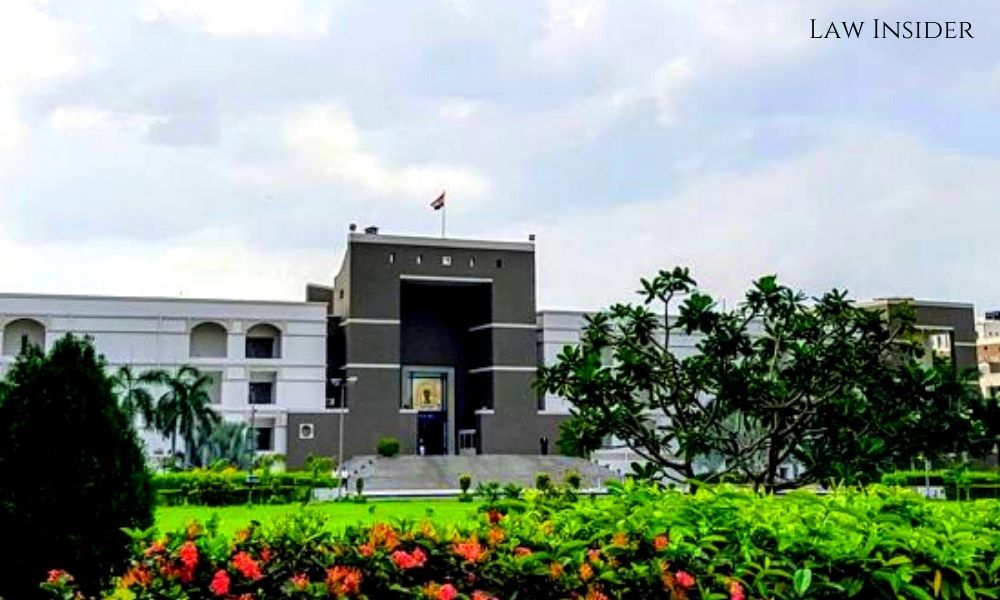Priya Gour
Published on: 10th August 2022 at 19:43 IST
The Gujarat High Court bench of Justice Biren Vaishnav held no permission from a private landowner to lay overhead high tension transmission is needed by the transmission company. The maximum relief available to the landowner is to seek compensation any procedural damage sustained.
A writ petition was moved regarding installation of the ‘KV Electric Line’ inside and underneath the final plot of the petitioner. The value of the plot had deteriorated due the lines passing through the land fir which permission was not taken. The cable work divided the plot into into halves , with other half has becoming unproductive.
The High Court concluded even earlier, similar contentions raised for passing of transmission lines through owner’s land have been rejected by the court.
A dispute regarding compensation u/s 16(4) of the Telegraph act can be raised. However, there is no need of permit of the owner not he can be heard in such matters.
The court relied on the case: Himmatbhai Vallabhbhai Patel Vs. Chief Engineer (Projects) Gujarat Energy Transmission and ors, where it was said, “Company had absolute power u/s 164 of the Electricity Act to lay down the electrical lines subject to the right of the appellant to claim compensation.”
“No objection to the implementation of the scheme, on the on the principles of natural justice or on the ground of unauthorised use of the land.” If the authority has been vested with the required powers.
The case Gujarat State Electricity Transmission Corporation Ltd., Vs. Ratilal Maganji Brahmbhat was referred, which held that:
“The Electricity Act, 2003, is a progressive enactment, with a specific purpose of providing electricity to a large number of people, across the country. Right of a land owner to possess and enjoy the property, though recognised as a Constitutional Right, under Article 300-A of the Constitution of India such right has to yield to the Articles 14 and 21 respectively of the Constitution of India, which strive to achieve the Constitutional Goals.
Thus, the court suggested the maximum resort to seek compensation, if necessary and dismissed the petition.

